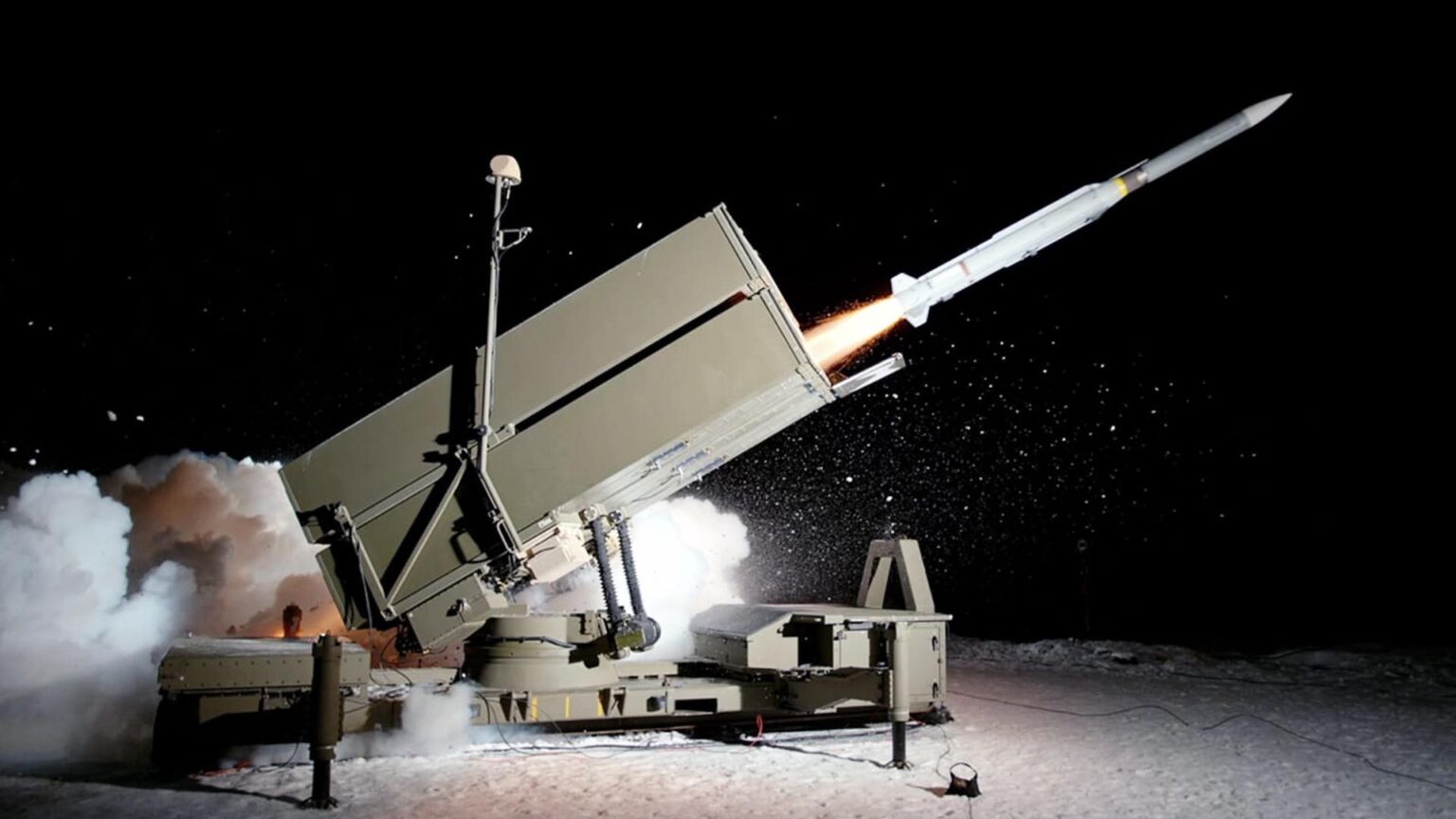Taiwan, an island nation known for its vibrant culture and thriving economy, is now facing a new chapter in its history. With the recent announcement of acquiring the National Advanced Surface-to-Air Missile System (NASAMS) air defense system, Taiwan’s defense capabilities are set to receive a major boost. But what will this mean for Taiwan, a country caught in the midst of geopolitical tensions and facing the constant threat of aggression from its powerful neighbor across the strait? Let’s delve into the implications of Taiwan’s NASAMS air defenses and what it means for the island’s security and stability.
– Enhancing Taiwans Air Defense Capabilities with NASAMS
Taiwan’s acquisition of NASAMS air defense system signifies a significant improvement in its overall defense capabilities. With the advanced technology and precision of NASAMS, Taiwan will be better equipped to defend its airspace against potential threats, including enemy aircraft and missiles. The integration of NASAMS into Taiwan’s air defense network will provide a robust layer of protection, enhancing the country’s ability to detect and intercept incoming threats.
Having NASAMS air defenses in place will not only serve as a deterrent to potential aggressors but also boost Taiwan’s national security and defense readiness. The system’s ability to engage multiple threats simultaneously, along with its mobility and flexibility, will greatly enhance Taiwan’s defense posture. This investment in advanced air defense technology underscores Taiwan’s commitment to safeguarding its sovereignty and territorial integrity in the face of evolving security challenges.
– Securing Taiwans Sovereignty and Deterrence
Having NASAMS air defenses in Taiwan could signify a significant step towards enhancing the country’s sovereignty and deterrence capabilities. With the ability to detect, track, and intercept hostile aircraft and missiles, NASAMS would greatly improve Taiwan’s air defense posture.
Moreover, the deployment of NASAMS would send a strong signal to potential adversaries about Taiwan’s commitment to defending its territory. This advanced air defense system would not only serve as a deterrent but also provide a reliable means of protecting key assets and population centers against aerial threats. In a region where tensions are high, having NASAMS in place could be a game-changer for Taiwan’s security strategy.
– Strengthening Taiwans Partnership with the United States in Defense
Having NASAMS air defenses in Taiwan could mean a significant enhancement of the country’s defense capabilities. With the ability to detect, track, and shoot down enemy aircraft and missiles, Taiwan will have an added layer of protection against potential threats. This advanced air defense system could help deter aggression and provide a sense of security for the people of Taiwan.
Furthermore, the presence of NASAMS in Taiwan could strengthen the country’s partnership with the United States in defense. By utilizing American-made technology and working closely with US military experts, Taiwan can enhance its defense capabilities while also building stronger ties with its long-time ally. This partnership could not only benefit Taiwan’s security but also contribute to regional stability in Asia.
– Addressing Regional Security Concerns with NASAMS Integration
Having NASAMS air defenses integrated into Taiwan’s security infrastructure will have significant implications for regional security concerns. This advanced system will enhance Taiwan’s ability to defend itself against aerial threats, providing a much-needed layer of protection against potential attacks.
Key benefits of NASAMS integration for Taiwan include:
- Improved defense capabilities against enemy aircraft.
- Enhanced air surveillance and early warning systems.
- Interoperability with existing defense systems for seamless coordination.
Key Takeaways
the acquisition of NASAMS air defense systems by Taiwan represents a significant step towards bolstering their defense capabilities against potential threats in the region. With advanced radar technology and highly effective missile systems, Taiwan will be better equipped to protect its sovereignty and ensure the safety of its citizens. As tensions continue to simmer in the Taiwan Strait, the deployment of NASAMS will play a crucial role in maintaining stability and deterring potential aggressors. Only time will tell what impact these air defenses will have on the geopolitical landscape of East Asia, but one thing is certain: Taiwan is taking proactive measures to safeguard its future.
